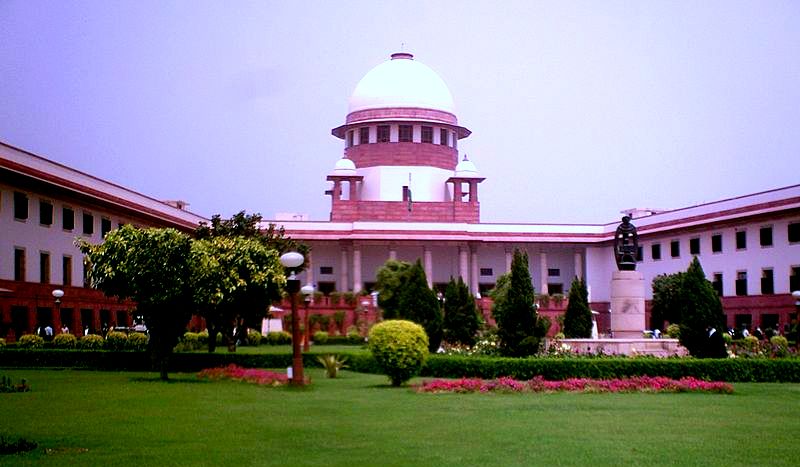Supreme court’s big decision: Hindu woman can give her property to father’s family

New Delhi, 24 February 2021: The Supreme Court has ruled an important judgment in the woman’s property case. Court has said that family members from a Hindu woman’s father can be considered heirs in her property and cannot be viewed as outsiders. According to Section 15.1.D of the Succession Act, family members of the women’s father’s side can inherit her property.
In the judgment, the apex court said that the family members of the woman’s father come under the purview of the heirs under Section 15.1.D of the Hindu Succession Act, 1956. A bench of Justice Ashok Bhushan said that reading Section 13.1.D clearly shows that the heirs of the woman’s father have been considered her heirs and can take over her property. Thus, the family members coming from the father’s side cannot be viewed as strangers.
What is the matter?
The court ruled the judgment in the property case of woman Jagno. Her husband died in 1953. She did not have children, and thus, according to Section 14 of the Succession Act, 1956, she became the property’s sole heir. Jagno transferred her property to her brother’s sons. After this, her brother’s son filed a suit in the civil court in 1991 to declare the ownership of the property they got. Jagno did not counter this and gave her a recommendation.
Recommendation decree challenged
The court passed the ownership of the property with a decree to the sons of Jagno’s brother. However, this transfer of the property was opposed by brothers of Jagno’s husband, and they challenged the recommendation decree. They claimed that the Hindu widow does not form a joint Hindu family with her father’s family. Therefore this property cannot be transferred to the woman’s father side family. Family settlement can be done only with those who already have a right in the property. However, the High Court dismissed his petition, after which Jagno’s inlaws appealed to the Supreme Court.
The Supreme Court interpreted Section 15.1.D of the Hindu Succession Act.
The Supreme Court interpreted Section 15.1.D of the Hindu Succession Act and said that the Hindu woman’s father’s relatives are not strangers. They are also part of the family. The word family in the law cannot be given a narrow meaning. It must be seen in an expanded sense, which also includes the family of a Hindu woman. The court also clarified that if there is any recommendation decree on the property that has already created the rights, there is no need to get it registered under Section 17.2 of the Registration Act.








